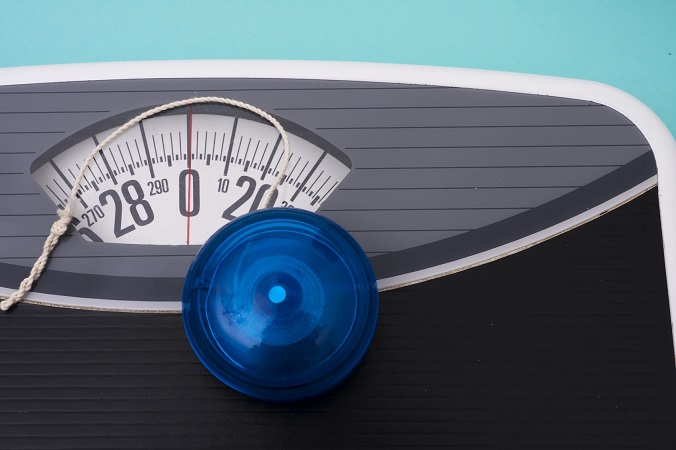Addiction
Quitting Cold Turkey: When It Can Be Harmful
by Maurine Anderson
Quitting cold turkey—for many who are looking to remove certain habits from their lives, this is the go-to method for eliminating those habits. Some will tell you that they have had great success with quitting their bad habits cold turkey, while others will tell you that quitting cold turkey is highly ineffective and could even make things worse. Setting aside the debate of how effective quitting cold turkey may or may not be in some cases, it’s important to explore those situations where quitting cold turkey simply isn’t a good idea. There are some situations, in fact, in which quitting cold turkey is not only ineffective, but also has the potential to be extremely harmful. Here are three situations where you will want to take a different approach to quitting besides quitting cold turkey.
Crash dieting
Crash dieting is a method for weight loss that very much follows the “cold turkey” mindset. Many approach dieting with the mindset that they can drastically change their eating habits and quit eating certain foods cold turkey for just a few weeks, and then resume back to normal life, enjoying being a few pounds lighter. The danger with this crash dieting mindset, however, is that it’s typically counterproductive, unsustainable, and actually has damaging effects on the body. Suddenly limiting so many calories will cause your metabolism to plummet, meaning your body will burn fewer calories overall throughout the day. Eventually, your body will begin to burn muscle rather than fat. In addition, levels of the hormone ghrelin go up as you starve yourself, revving up your appetite even more. Those on crash diets experience several additional negative effects such as heightened irritability, increased exhaustion, and general malnutrition. Overall, approaching changing up your diet with the “cold turkey” mindset simply isn’t an idea that will serve you well in the long run (or the short run, for that matter).
Getting off medication
When it’s time to stop taking a medication, it’s highly important that you talk to your doctor about how you can wean off of the medication safely while minimizing harmful side effects. This is because many medications, such as prescription painkillers, benzos, and antidepressants, can leave you with significant symptoms of withdrawal when you cease using them too suddenly after an extended period of use. Abruptly stopping taking antidepressants, for example, can lead to nausea, flu-like symptoms, chronic headaches, insomnia, and even suicidal thoughts. In short, talk to your doctor if you are on a medication and feel that it’s time that you got off of it. If it is truly the time to get off of your medication, your doctor will help you create a schedule of decreasing dosages and advise you on ways that you can help eliminate any slight effects of withdrawal with diet, exercise, nutritional supplements, etc.
Drug or alcohol addiction
Ceasing drug or alcohol use is probably the most unsafe way that you can quit something cold turkey. As this article outlines, drug and alcohol detox are best performed in a specialized medical facility. Suddenly quitting alcohol use after a period of chronic abuse, for example, can lead to severe symptoms such as seizures, heart complications, tremors, and hallucinations, some of which can in turn lead to death. Suddenly quitting cocaine use, meanwhile, can lead to symptoms such as cognitive impairment, increased appetite, depression, and most seriously, suicidal thoughts. And for those who suddenly cease amphetamine use, withdrawal symptoms include seizures, cardiac arrhythmia, hallucinations, and even more seriously, cardiac arrest and coma. Withdrawal from a prescription medication addiction can also carry just as deadly risks as these drugs. The bottom line here is that quitting alcohol or any drug cold turkey is extremely dangerous, and overcoming addiction is best done with the help of a specialized detox facility and addiction recovery program, both of which will help you gradually restore your body and life to proper balance while minimizing health risks.







